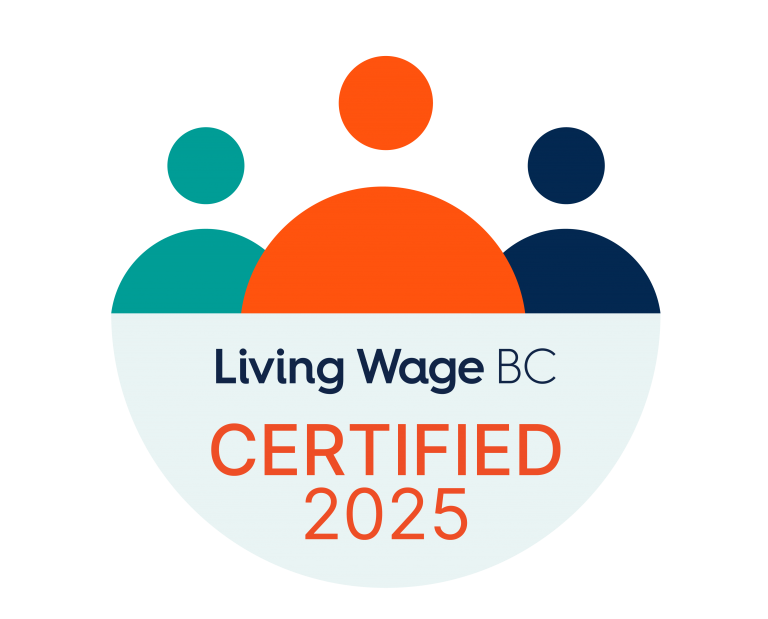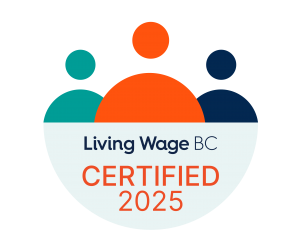As Dr. Bergman described in her post , Registered Veterinary Technologists (RVTs) add immense value to every area of veterinary medicine. Not only do they assist veterinarians with the day-to-day duties in clinical practices, but they are professionals in their own right. To become an RVT in BC, individuals must graduate from a two or three year Veterinary Technology program accredited by the CVMA or the Ontario Association of Veterinary Technicians (OAVT). Currently, there are only three Veterinary Technology programs available in BC, and admission can be competitive. Upon graduation, students are required to receive a passing score on the Veterinary Technician National Exam (VTNE) before they are eligible to join the provincial association, the British Columbia Veterinary Technologists Association (BCVTA), and use the title RVT. To maintain active membership, the BCVTA requires members to continue learning and developing their skills by attending a minimum of 10 continuing education hours per year.
Recognizing the value of RVTs in the veterinary field and fully utilizing their skills can help alleviate the heavy workloads that the veterinary field is experiencing. The Veterinarian’s Act and CVBC bylaws allow veterinarians to delegate a range of tasks to skilled and knowledgeable RVTs. Many RVTs have pursued advanced training in areas of special interest by undergoing further education and training to obtain Veterinary Technician Specialist (VTS) titles in specific areas such as anesthesia and analgesia, emergency and critical care, and dentistry. The National Association of Veterinary Technicians in America (NAVTA) recognizes 16 different specialties, all with their own requirements. Generally, they require the RVT to work in their area of specialty for 5 plus years and submit application packages that include case studies to highlight examples of the candidate’s experience with the required advanced skills. Once satisfied with the candidate’s case studies, they are accepted to sit the examination, and if successful, they receive their official VTS title.
76% of BC RVTs work in small animal practice, but they can be found in other branches of animal care including feedlot or dairy operations, research facilities, industry and sales, and wildlife rehabilitation. They have a role to play in the expanding area of teletriage and through their own businesses they are assisting pet parents in caring for their animals at home under the direction of their veterinarian. Their knowledge of the profession also makes them valuable participants in the regulation of veterinary medicine: there are currently three RVTs working as Inspectors with the CVBC, two of whom hold a VTS designation, and two more RVT’s that work in the CVBC office.
RVTs are essential in every aspect of animal care and welfare and can add value to your facility, saving you money, bringing in additional revenue, and improving patient outcomes. Fully utilizing the skillset of their RVTs relieves veterinarians and allows them to help more patients.
The BCVTA is excited to continue to collaborate with the CVBC and work towards the incorporation of RVTs into the bylaws. We believe that updating the language will add value to the title and encourage veterinarians to fully utilize the RVTs they have in their practices, leading to more opportunities for long and meaningful careers.








